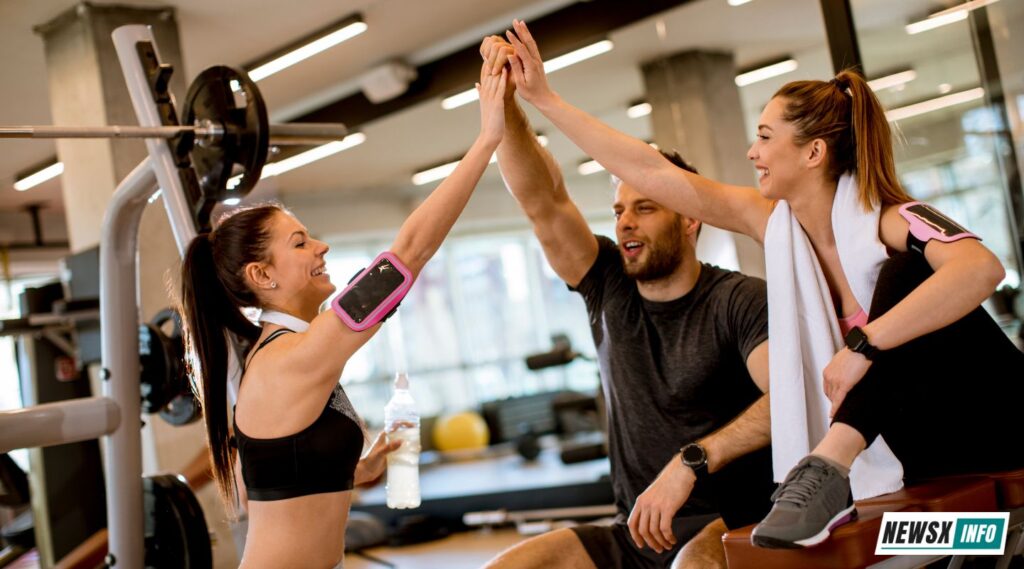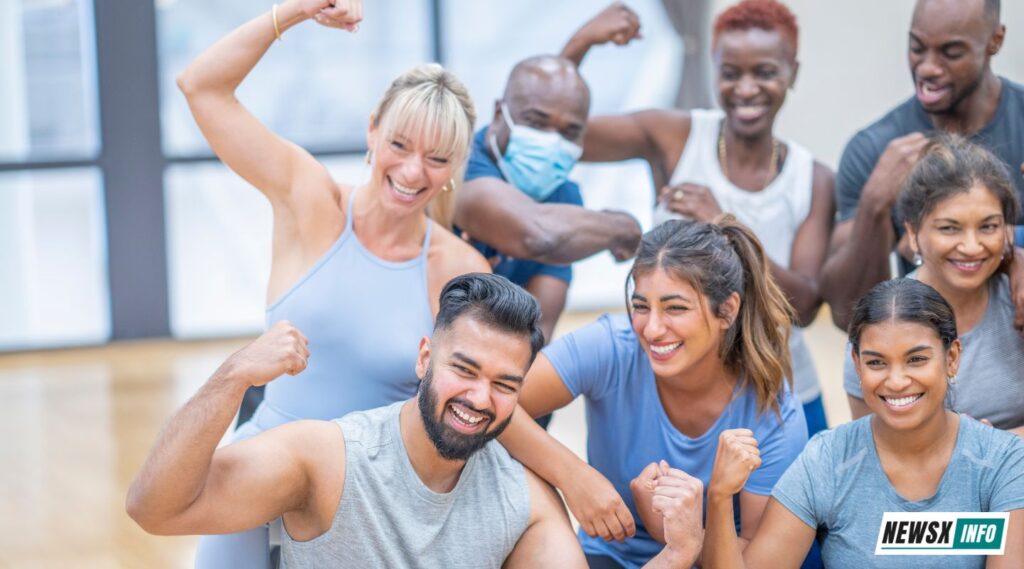First in introduction:
In a time when health consciousness is growing, the importance of fitness professionals has changed greatly. Personal trainers are today considered as experts in holistic health and wellbeing, not only as gym instructors from years past. Rising knowledge of the need for physical exercise in general well-being and developments in exercise science, nutrition, and technology has propelled this development. In this paper, we examine the responsibilities, the competencies needed, and the difficulties fitness professionals encounter in a constantly shifting sector, so illuminating their different world.
The Diverse Roles of Fitness Professionals:
Fitness experts fulfill different roles depending on the particular demands and objectives of those looking for improvement in their health and fitness. Among the several jobs in the fitness business are group exercise teachers, personal trainers, dietitians, and wellness coaches.
One-on-one contacts with clients let personal trainers create customized training plans, provide guidance on correct form and technique, and motivate and help clients toward their fitness goals. They must be very friendly, knowledgeable about exercise physiology, and able to modify their course of instruction to fit the client’s goals and preferences.
Group exercise instructors oversee fitness programs incorporating dance cardio from yoga and Pilates to high-intensity interval training (HIIT). They must be vivacious, dynamic, and skilled in choreographing events challenging and entertaining people with varying degrees of fitness.
Customized dietary suggestions and meal planning help clients to reach their objectives for fitness and health. They have excellent communication abilities to help their clients make wise dietary decisions and must be current with the most recent findings in nutrition science.
Holistically approaching health and fitness, wellness coaches address nutrition, exercise, stress management, sleep hygiene, and other lifestyle choices influencing general well-being. Along with customers, they establish reasonable goals, encourage environmentally friendly behavior, and negotiate road map challenges on their health.

Skills and Qualifications:
Good fitness professionals integrate in a specific way technical knowledge, interpersonal abilities, and business awareness. Although the work and organization would define certain criteria, certain basic skills and certifications would be essential of future fitness professionals:
- Along with certifications from respectable organizations like the American Council on Exercise (ACE), the National Academy of Sports Medicine (NASM), or the International Sports Sciences Association (ISSA), most fitness professionals hold a Bachelor’s degree in kinesiology, exercise science, or another allied field.
- Designing safe and successful exercise regimens catered to the demands and goals of the client calls for a thorough knowledge of exercise physiology, biomechanics, and anatomy.
- Fitness professionals have to succinctly and precisely convey challenging ideas whether they are offering nutritional suggestions or advising a client on appropriate workout schedules.
- Most of all, developing an effective and empowering coaching relationship depends on recognizing their particular difficulties and goals as well as on building rapport with clients.
- Research is continually emerging, fresh trends, technology, and the fitness business is always changing. To keep current in their business, fitness professionals must be always flexible and eager to refresh their knowledge and abilities.
Challenges and Opportunities:
The company requires help even though demand for fitness professionals is rising. Particularly in saturated markets, competition can be strong; overcoming the challenges of self-employment or entrepreneurship calls for strategic thought and thorough planning.
The fitness sector has also suffered greatly from the COVID-19 epidemic; many experts have had to adjust to virtual training systems and implement rigorous safety precautions to guard their clients and themselves. Though they seem insurmount, these difficulties have given opportunities for development and creativity.

Many fitness experts have embraced technology in order to enhance the client experience and expand the audience. Wearable fitness tools, smartphone apps, and virtual training programs have gained recognition for offering customized coaching, tracking progress, and inspiring responsibility.
Moreover, the increasing focus on general health and wellness has created new opportunities for fitness professionals to provide their knowledge outside of recommended exercise programs. Combining dietary advice, mindfulness training, and stress management seminars will help fitness providers stand out in a saturated market with drawers of consumers looking for wellness solutions.
Basically, the job of fitness experts has changed significantly in recent years to reflect more broad changes in society’s perspective on wellness and health. Today’s fitness professionals are teachers, motivators, and allies on customers’ road to better health in addition to trainers.
Fitness professionals who keep current with the most recent studies and trends hone their technical skills, build close relationships with their clients, and will be successful in a constantly changing environment. Furthermore, by adopting creativity and a thorough approach to wellness and health and so influencing the life of those they help, they can become leaders in their industry.

